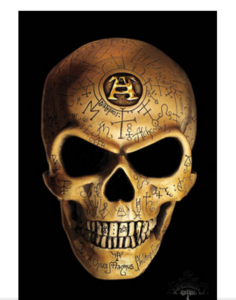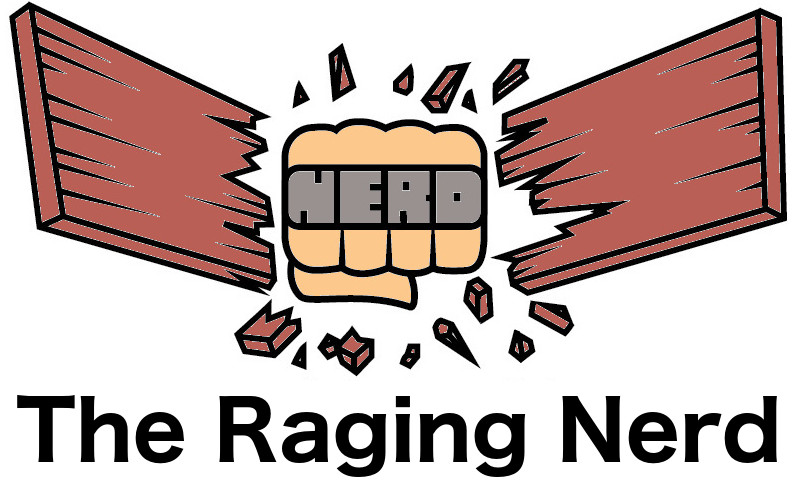The Appeal Of Alchemy
Alchemy seems so mysterious. The word conjures up images of arcane charts, lists of obscure elemental symbols, wizards and alchemists turning lead into gold, fantasy worlds, goblets, alembics, mortar and pestles, retorts, furnaces and beakers. There is something very Frankenstein-ish about alchemy, something that tempts the imagination and fascinates the mind. But what was alchemy, really? Where did all of this strange symbolism that straddles the border between magic and science come from? There’s an entire history behind it, an entire world of esotericism and proto-science, so let’s take a look at it. You might learn something really cool.
 Alchemy is a proto-science, but it’s also associated with magic. Many of the discoveries of ancient alchemy were legitimate scientific discoveries. The idea that you could control the conditions around a piece of matter and put it through different processes in order to induce desired changes is not, strictly speaking, wrong. Fundamentally, alchemy is the same basic idea as chemistry: the study of change. The difference is that alchemy and chemistry separated during the Renaissance and Enlightenment, with alchemy becoming more and more esoteric and magical, while chemistry joined the rest of the physical sciences. So alchemy is the origin of chemistry.
Alchemy is a proto-science, but it’s also associated with magic. Many of the discoveries of ancient alchemy were legitimate scientific discoveries. The idea that you could control the conditions around a piece of matter and put it through different processes in order to induce desired changes is not, strictly speaking, wrong. Fundamentally, alchemy is the same basic idea as chemistry: the study of change. The difference is that alchemy and chemistry separated during the Renaissance and Enlightenment, with alchemy becoming more and more esoteric and magical, while chemistry joined the rest of the physical sciences. So alchemy is the origin of chemistry.
However, even before splitting off from chemistry, alchemy was still deeply involved with magic and occultism. This is clear from the associations between alchemy and the various esoteric philosophies of late antiquity. Neoplatonists, as well as magicians and writers like Hermes Trismegistus, who wrote the famed Emerald Tablet, all dabbled in alchemy. The famous phrase “As above, so below,” first recorded in Trismegistus’ Emerald Tablet, is part of the philosophy of alchemy.
Indeed, many people even into the modern era experimented with alchemy. Even Isaac Newton, who laid the foundations of physics from his time until the 20th century, was not immune. Newton had an alchemical chest and spent much of his time absorbed in strange and arcane ponderings on the nature of alchemical processes. He saw a thoroughly spiritual dimension in it as well. It wasn’t just another science to him. He really thought that there were occult and supernormal powers that could be granted through alchemy.
All of this makes alchemy a good basis for much fantasy literature. Writing, video games, anime, and television shows all draw from alchemical themes from time to time. The reason for this is that alchemy’s dated nature makes it seem foreign. Nobody has seriously studied alchemy for a long time, so the symbols are no longer familiar, and this gives it a strange, foreign feeling. This is why alchemical symbology still looks so cool on posters, mugs, and alchemical novelty t shirts.




Leave a Comment
You must be logged in to post a comment.